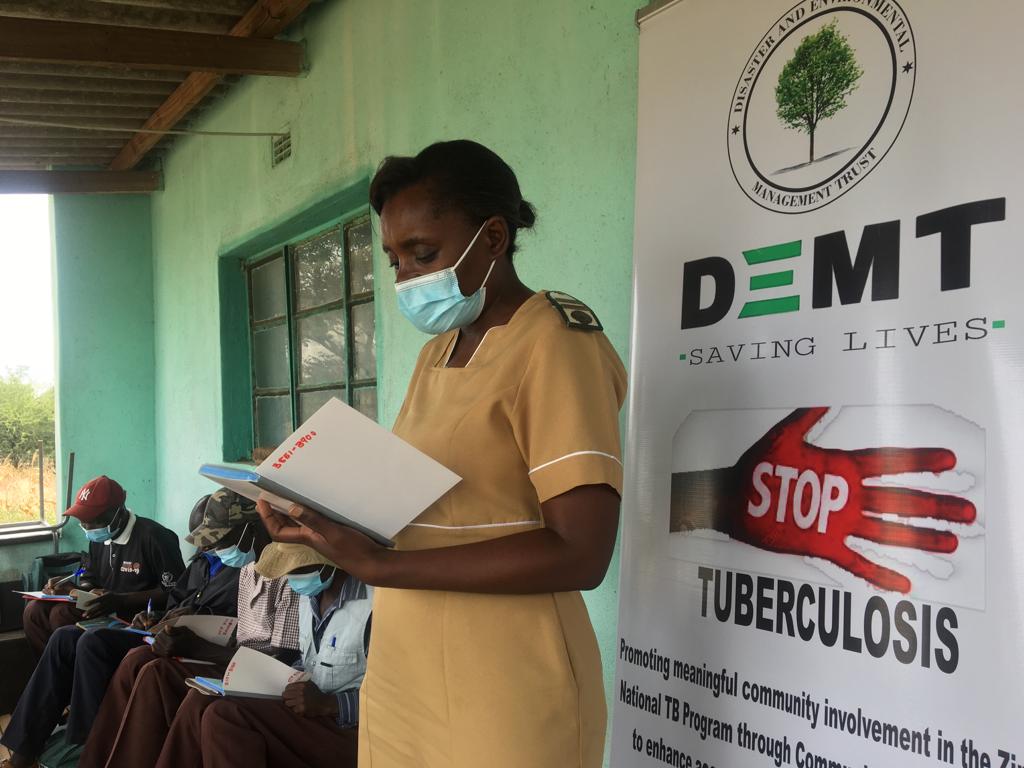|
Getting your Trinity Audio player ready…
|
Staff Writer
In the heart of Zimbabwe’s mining districts of Mudzi and Mutoko, a remarkable initiative led by the Disaster and Environmental Management Trust (DEMT) is reshaping the landscape of tuberculosis (TB) control.
With support from the Stop TB Partnership hosted by UNOPS, under the Challenge Facility for Civil Society Grants, this youth-led organization is removing access barriers to TB services for key and vulnerable populations, including artisanal miners, formal miners, sex workers, and people who use drugs.
DEMT has established a total of 15 Community Disease Committees, composed of key populations and TB survivors.
These committees play a pivotal role in monitoring TB service delivery at the primary level of care, guided by the organization’s innovative AAAQ Framework, which stands for accessibility, acceptability, availability, and quality.
The AAAQ Framework serves as a compass, enabling affected communities to identify barriers and the Ministry of Health to address those barriers in delivering TB services.
By involving key populations and TB survivors in the monitoring process, DEMT ensures that the unique needs of TB clients are met with precision and empathy.
This collaborative approach has not only transformed the quality of care but has also fostered a sense of ownership and empowerment within the TB-affected communities.
DEMT’s interventions in Mudzi have yielded remarkable results, with the community’s contribution to TB notifications skyrocketing from 0 percent to an impressive 5 percent in 2022.
This significant increase serves as a testament to the transformative impact of DEMT’s initiatives.
Moreover, the local clinics in Mutoko and Mudzi have witnessed a staggering 50 percent rise in TB service demand since 2021, underscoring the heightened risk perception among vulnerable groups due to DEMT’s impactful awareness activities.
Thanks to the tireless efforts of DEMT’s Community Disease Committees, over 5,000 key and vulnerable populations have undergone screening or referrals for clinical tests, ensuring early detection and treatment.
The organization takes immense pride in its role in removing barriers to TB care, which has resulted in the identification and successful treatment of 36 previously missing individuals with TB, who now proudly stand as National TB Survivors.
Furthermore, DEMT’s collaboration with local district hospitals has yielded transformative results. The data collected through monitoring has enabled hospitals to gain valuable insights into service delivery gaps.
Armed with this knowledge, healthcare providers can refine their TB service delivery planning, ensuring that it aligns seamlessly with the specific needs of TB clients.
The exchange of information and the synergy between DEMT and healthcare institutions have fostered a robust ecosystem of care, leaving no stone unturned in the battle against TB.
